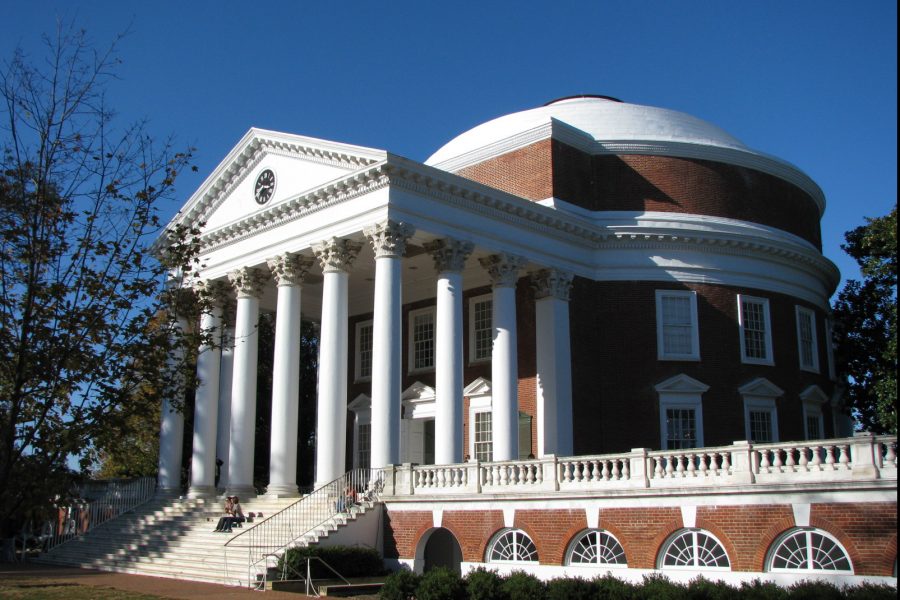Before you stop caring about politics, look what it’s about to do to your college savings
November 21, 2017
Mason students may not be accustomed to experiencing the effects of national legislation first hand. However, the GOP’s last major policy initiative of the year, “The Tax Cuts and Jobs Act (H.R.1),” could have striking repercussions on college affordability, an issue relevant to every senior deciding where and how to spend the next four to eight years.
One part of the bill in question, subsection 1203, itself a part of a larger section inconspicuously referred to as the “Simplification and Reform of Education Incentives Clause (SREIC),” would strike down sections §221 and §222 of the tax code, which currently provide tax exemptions that reduce the cost of student loans. The American Opportunity Tax Credit, which allows students the opportunity to save up to $2,500 in tax credits for their first four years of higher education, would also be terminated by H.R.1.
These brief but highly impactful provisions enable students to save thousands of dollars in tax deductions, which in turn helps to greatly reduce the cost of increasingly expensive college tuition fees overall. Despite the wide-ranging consequences of a code §221, §222 or AOTC repeal, these particular provisions of H.R.1. have been upstaged by an even more controversial amendment to the tax code.

The amendment in question, Subsection 1202 of the SREIC would end the tax exempt status of “qualified tuition reductions.” Under the current tax code, professors and college students, many of whom earn much less per year than it costs to attend a year of graduate school in the first place, receive financial compensation from their educational institutions for the work and research they complete on campus. However, were H.R.1 to pass, this source of income blocked entirely.
According to the College University Association for Human Resources, this would affect more than 145,000 graduate students and 27,000 undergraduates, including thousands of students in Virginia.
Criticism of H.R.1’s proposed higher education reforms doesn’t end there.
The SREIC section of H.R.1, much like the rest of the bill, has faced harsh criticism from Senate Democrats like Sherrod Brown (Ohio) for protecting only extremely wealthy students, while further disenfranchising low income students who rely on universal tax deductions to pay for college. Considering the only tax exemption that would be broadened by H.R. 1 applies exclusively to upper income college students, this criticism certainly carries weight.
However, despite opposition from predictable figures, Republicans may have finally found an issue (taxes, and finance) obscure and non-contentious enough to slip past the watchful eye of grassroots activists, who have successfully warded off Republican attempts to deconstruct the ACA and DACA. In the same light, moderate Democrats may have found an issue they can compromise on without risking the outrage of the largely progressive Democratic base.
Therefore, it would be no surprise if Republicans, desperate for a legislative accomplishment before Congress goes into recess, manage to stir up the Senatorial support necessary pass H.R.1. While this would result in the first real example of congressional compromise post-2016, it would not bode well for college students across the country. Or more specifically, their bank accounts.









